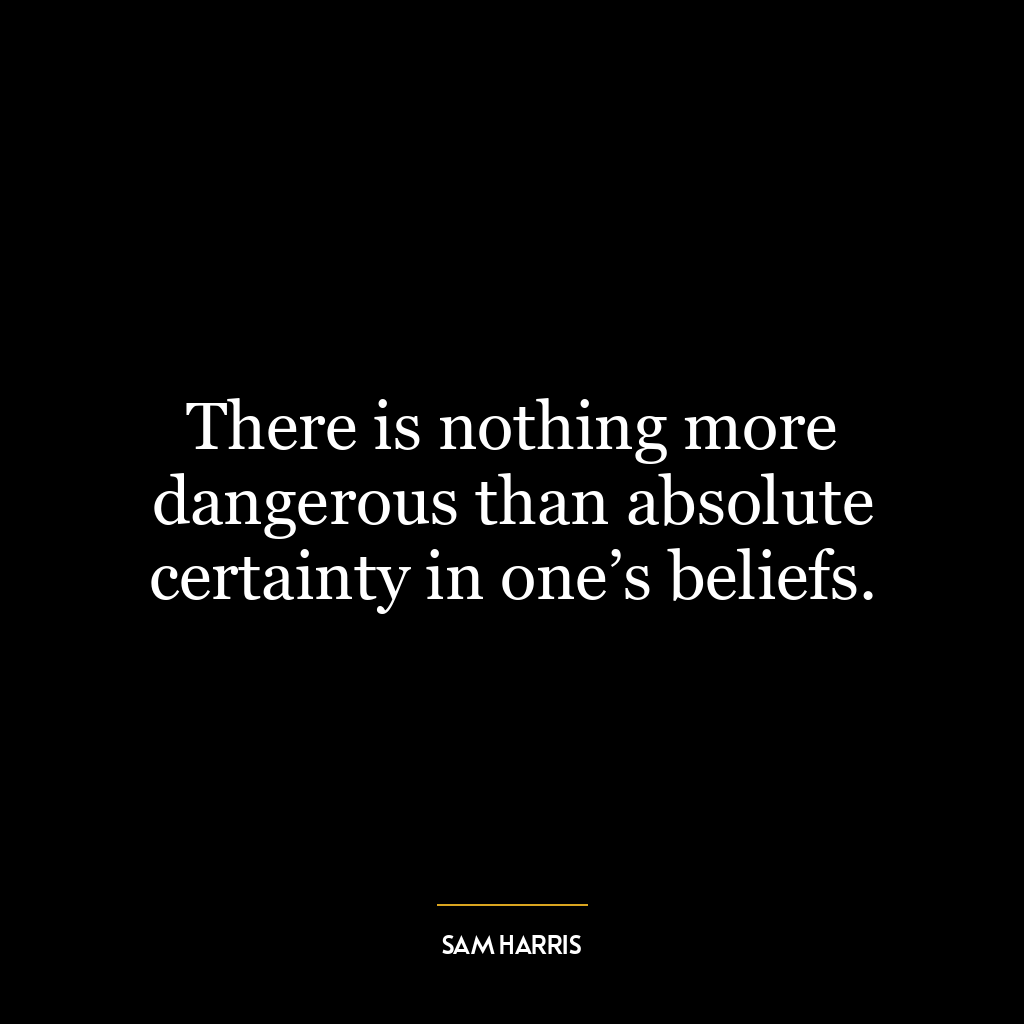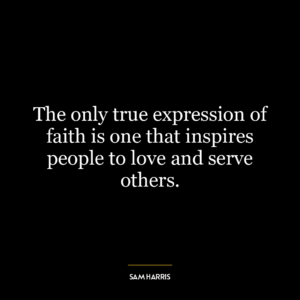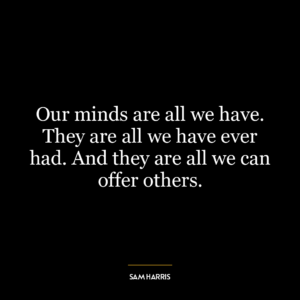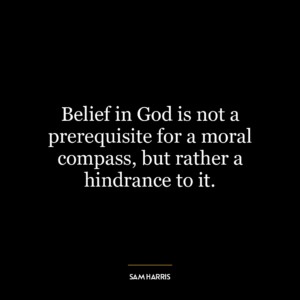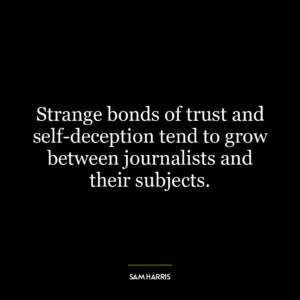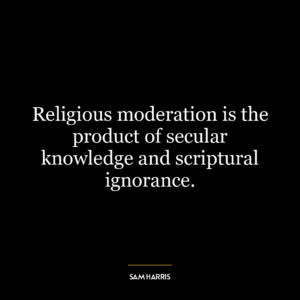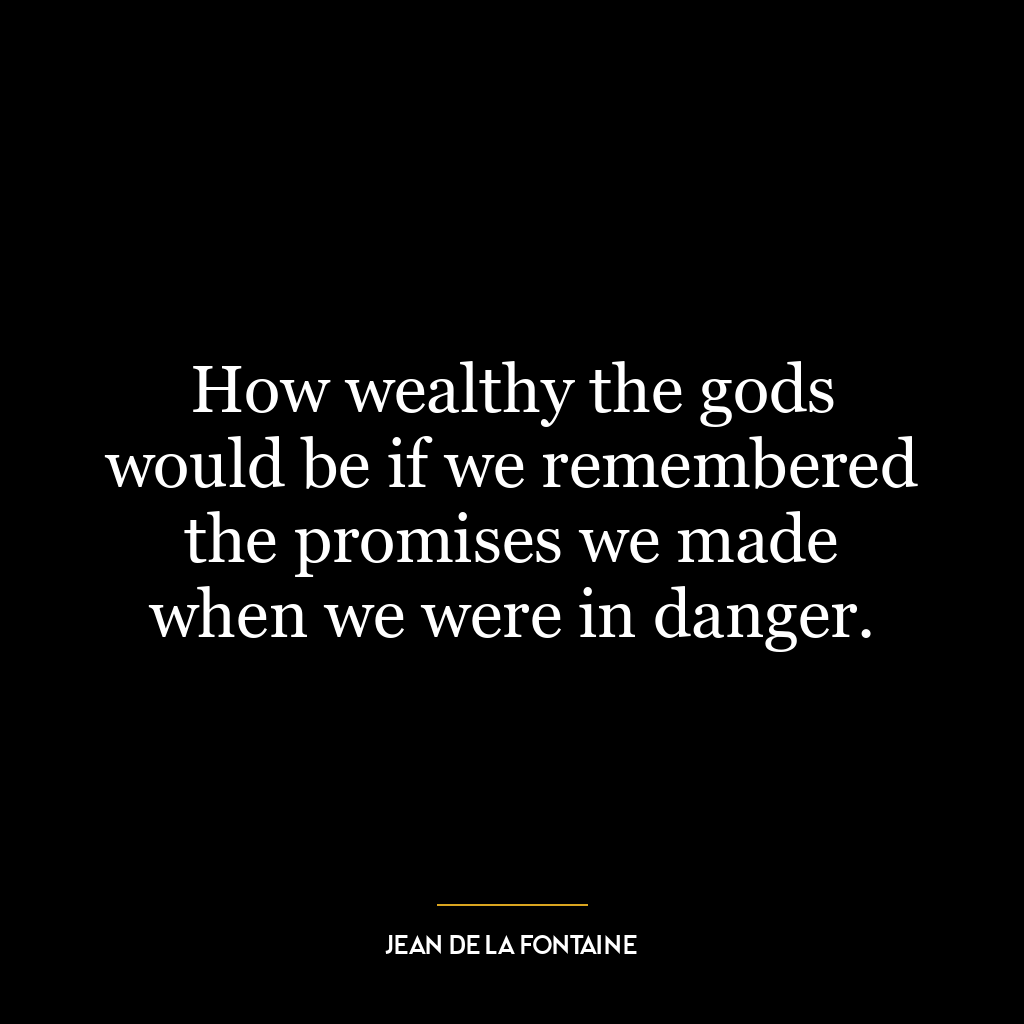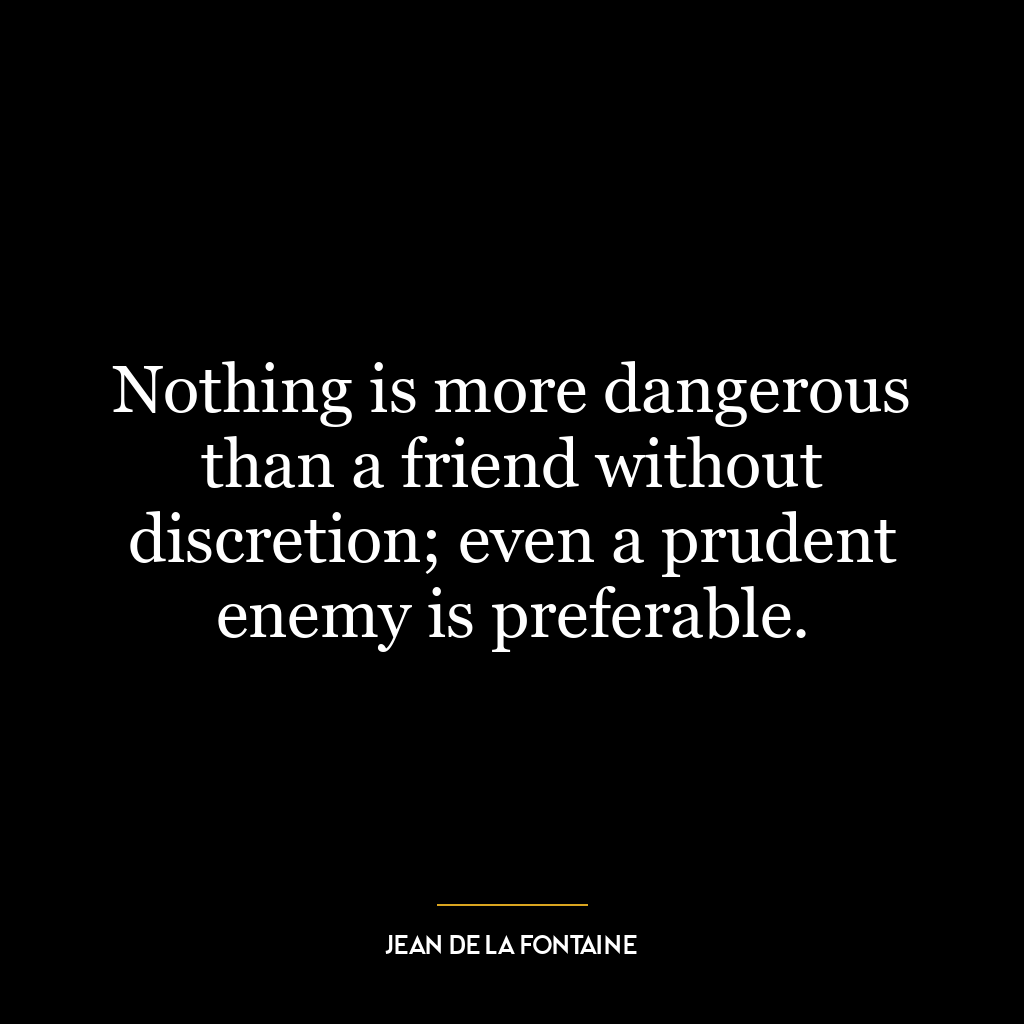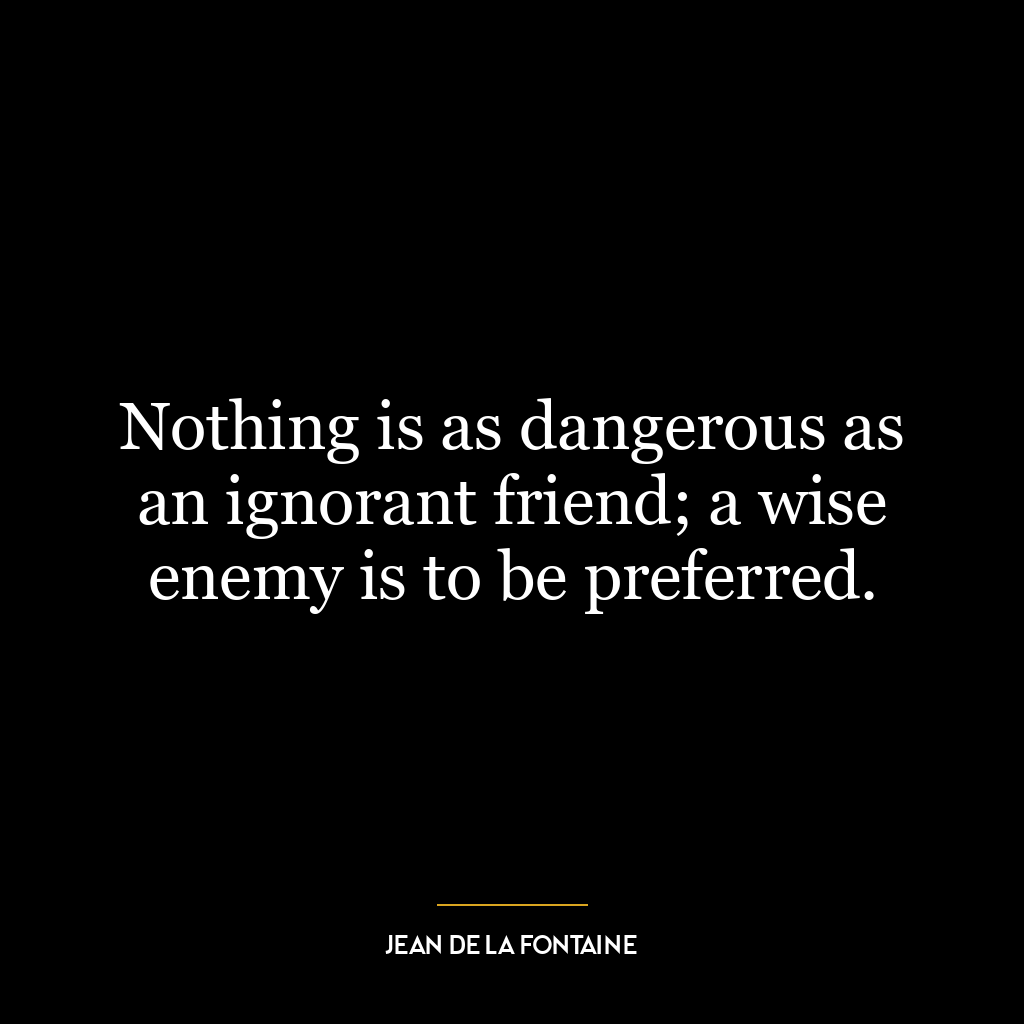There is nothing more dangerous than absolute certainty in one’s beliefs.
This quote, “There is nothing more dangerous than absolute certainty in one’s beliefs,” is a profound reflection on the potential risks of unwavering belief in one’s own ideas or convictions. It suggests that when a person is absolutely certain about their beliefs, they may become inflexible, intolerant, or even dangerous. This can lead to a lack of openness to new ideas, a refusal to consider alternative perspectives, and an inability to engage in constructive dialogue or compromise.
The danger lies in the potential for such certainty to evolve into dogmatism, fanaticism, or extremism. When we are certain that our beliefs are not just correct, but the only acceptable truth, we can easily fall into the trap of dismissing or even demonizing those who hold different views. This can lead to conflict, violence, and a breakdown in communication and understanding.
In today’s world, this idea is particularly relevant. With the rise of social media and the echo chambers it often creates, we are more likely than ever to surround ourselves with voices that echo our own views and beliefs. This can reinforce our certainty and make us less open to differing perspectives.
In terms of personal development, acknowledging the potential danger of absolute certainty can lead to intellectual humility. This is the understanding that our knowledge and understanding are limited, and that we should be open to learning from others and revising our beliefs in light of new evidence. By fostering this humility, we can become more open-minded, tolerant, and capable of growth and development.
In conclusion, this quote serves as a reminder of the need for continual self-questioning, open-mindedness, and the willingness to revise our beliefs in the face of new evidence or perspectives. Rather than seeing these as signs of weakness, we should view them as strengths that can help us navigate a complex and diverse world.

